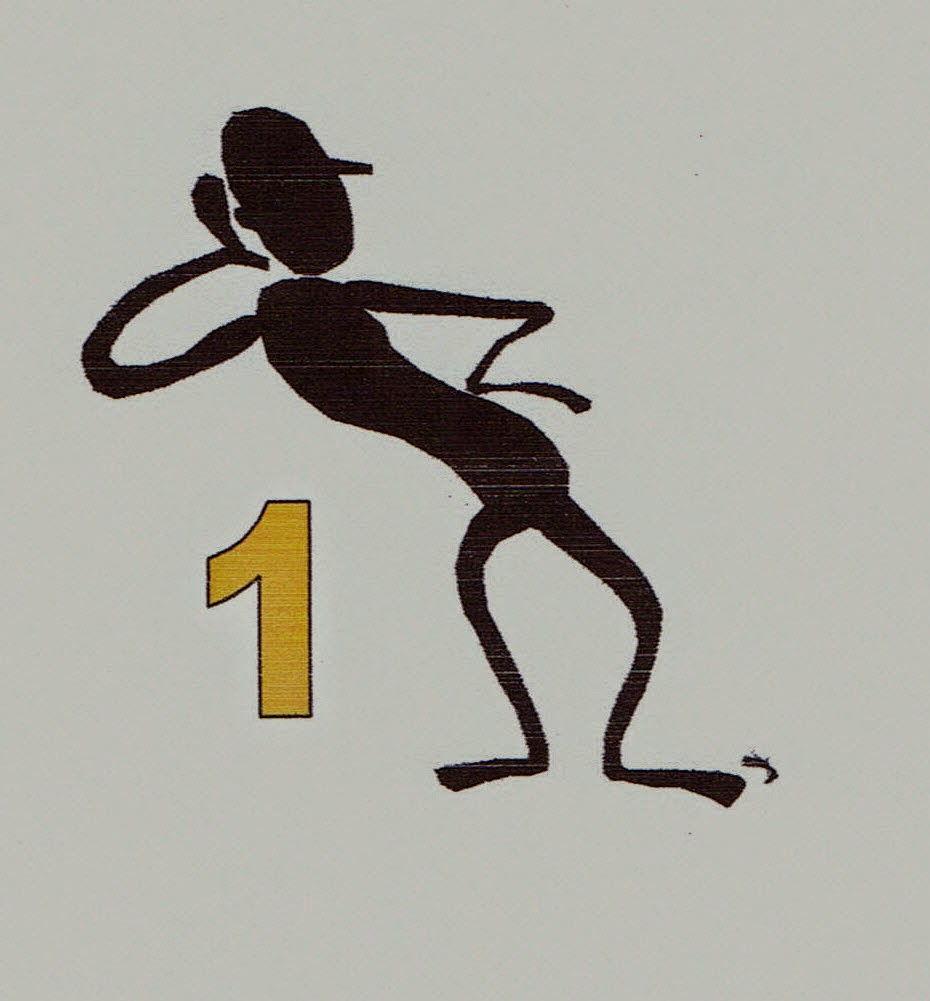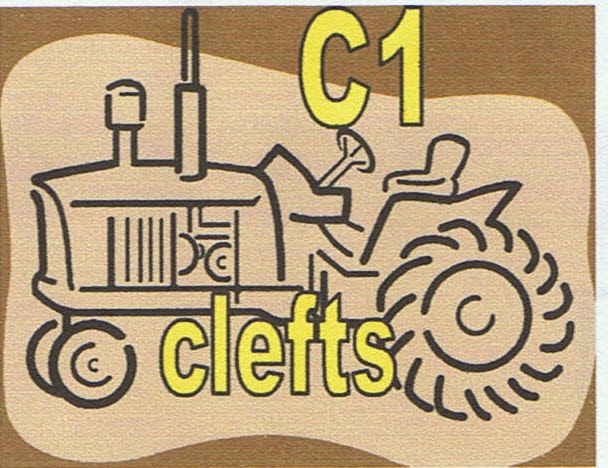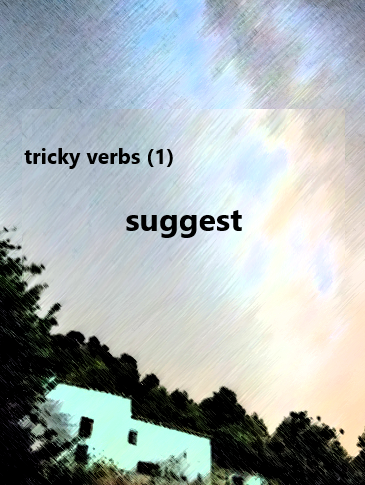ON LISTENING
ON LISTENING
From hearing to comprehension
After being on the road as an English
teacher since the early seventies, which implies more than 40 years of
changes, not only of books, authors, methods, but also of approaches, I have
learnt that, since skills (listening, reading, writing, speaking) began to be
considered separately, “listening comprehension exams” have become the most
feared of all four.
It must
be remembered here that the student/examinee is to answer questions on an
aural[1]
text that, as it flies past his ears, he cannot control at all. The speed,
the accent, the quality of the sound, and sometimes even physical obstacles
(background noises, echoes, etc), add to the difficulty of the theoretically well
conceived distracters [2].
At this point
the obvious question is where does the
difficulty of a listening task lie? At first sight it seems to come from
the type of exercise (multiple-choice questions, true-false, sentence-completion,
etc). But on asking the students, whose answers the marks will confirm, it is
usually found that there is no agreement: to some of them multiple-choice is
the star of malignity, whereas to others it is sentence-completion or even true-false
that are responsible for their fail and fall.
Undoubtedly,
the type of exercise will have its
effect on the mark, for unfortunately odds do have an influence (multiple-choice,
for instance, 25% or 33%, depending on whether each question has 4 or 3 options),
reason for which exams that guarantee the result, have four different types
of listening tests, besides having undergone a long and meticulous process of
creation which includes “trying” them.
However, going
back to “difficulty”, there is something that underlies the type of test,
something under the surface, something that cannot be seen and is often
neglected: the relation between the aural text and the written questions. And
it is from this relation, if the activity is not placed at its right level,
that the difficulty does arise.
On his way to comprehension
of an aural text in a foreign language the learner must be guided from the
easiest to the most difficult, which leads us to the questions What is easy? What is
difficult?
The easiest, or
rather “earliest”, stage of the process is that on which the student/examinee
must discriminate sounds to the point of recognizing the words and phrases he
has been given in written language. Thus, if the task is filling in gaps the
student will be asked to write in an exact word (discrimination/recognition);
if the task is to make a choice, the right answer on the paper will be worded
almost the same as the recording. All this is discrimination of certain sounds
among many others in order to recognize lexical and syntactic units.
As the student moves forward,
good books and reliable exams do two things: they remove from the questions
the words that are part of the answers on the recording, and at the same time
introduce distracters; the higher
the level the more of them and the more they sound like the right answer, till
they reach a point (advanced/proficiency) at which in a multiple choice test
the right answer is not clearly given among the options, so that it has to be
deduced.
As an example,
let me quote one question from one of Cambridge Advanced Exams; interview to
an astronaut.
Question on paper:
What does Charles feel was the most memorable part
of his mission?
A. nearly falling into a crater
B. walking on the moon's surface
C. seeing things never seen before
D. holding a piece of the moon
Tapescript
(Distracters highlighted in yellow;
answer in green)
Interviewer: And do you have a
favourite memory of the mission?
Charles: Definitely. It was the thing that we did
during the last moonwalk[B]. We
were about six kilometres or so from the base, and on the edge of a big crater, 100 metres deep. We
had to be careful as we walked along the ridge because one slip would have
been dangerous[A].
Suddenly we saw this huge rock. It was a long way off, and there are no people or
cars to[C] judge
distances or give you any sense of scale.
Interviewer: But you managed to get down
to it?
Charles: Eventually. It was
enormous. The biggest rock anybody had ever touched on the moon. I had a hammer and I hit a chunk
of it - and it came off in my hand[Bingo: D] - a piece the size of a
small melon.
In
the tapescript, notice the three distracters
right after the interviewer’s question, while the actual answer is delayed
until a new and absolutely different question is asked [But you managed to get down to it?]; notice also that not only are the words
uttered different from those in the right option, but they do not include the
concept of holding, they only imply it.
The process of
teaching-learning listening comprehension goes from the most physical (recognition
of sounds, groups of sounds –i.e. words) to the most abstract, which is actual
comprehension without including any of the recorded words in the questions.
If it is done the other way round, that is, at high level
recognition/discrimination, the test stops being a comprehension exam to
become a vocabulary exam (C1-PUC, September 2014), and it may turn out to be
a very difficult one, but it has not achieved the goal: who comprehends/who
does not?
♣
[1] “aural”: heard; “oral”: spoken.
[2] Although it has been in use for ages I couldn’t
find this word in any English dictionary, reason for which it is in italics.
|




Comentarios
Publicar un comentario